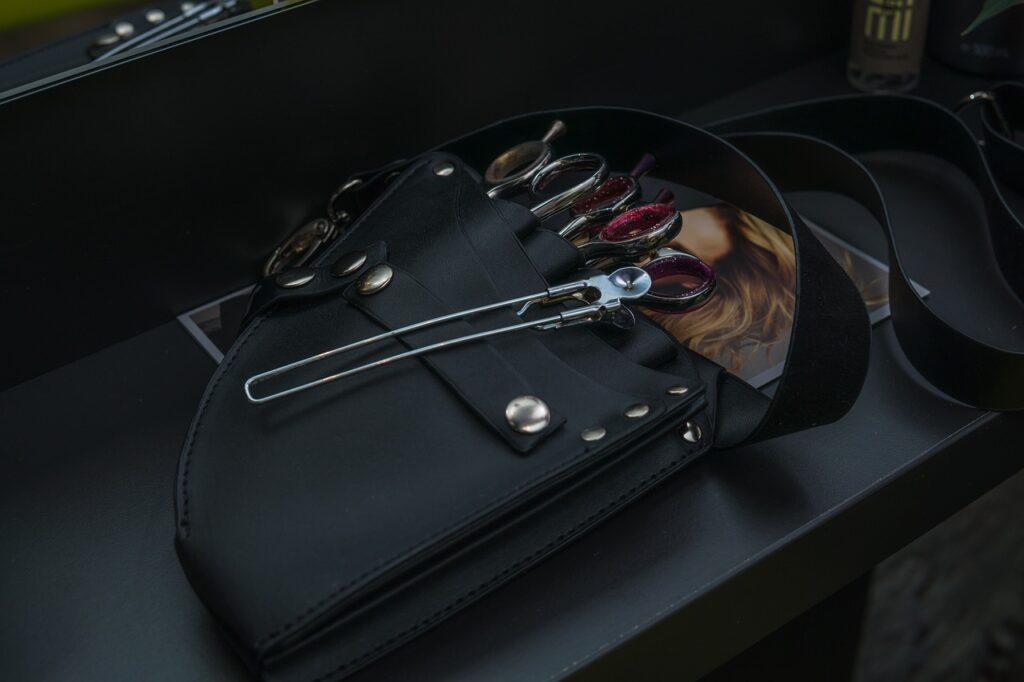Maintaining your home’s plumbing system is crucial for preventing costly repairs, ensuring efficient water usage, and maintaining a healthy living environment. By implementing regular maintenance practices, homeowners can prolong the lifespan of their plumbing fixtures and pipes while minimizing the risk of emergencies. This article provides practical tips and guidelines to help homeowners effectively maintain their plumbing systems, covering preventive measures, inspection routines, and professional considerations for optimal plumbing health.
Introduction
A well-maintained plumbing system is essential for the comfort and functionality of any home. Regular upkeep not only prevents unexpected plumbing emergencies but also extends the lifespan of fixtures and ensures efficient water usage. This article offers valuable tips and insights into maintaining your home’s plumbing system, empowering homeowners to take proactive steps towards preserving their investment and enjoying a reliable water supply.
1. Regular Inspection and Maintenance
Tip 1: Check for Leaks
- Routinely inspect faucets, toilets, and visible pipes for any signs of leaks such as dripping or puddling water. Addressing leaks promptly can prevent water damage and conserve water.
Tip 2: Test Water Pressure
- Monitor water pressure by using a pressure gauge attached to an outdoor faucet. Low or fluctuating pressure may indicate underlying issues such as pipe blockages or system leaks.
Tip 3: Inspect Water Heater
- Annually flush the water heater to remove sediment buildup and ensure optimal heating efficiency. Check for signs of corrosion, leaks, or unusual noises that may indicate potential problems.
2. Preventative Measures
Tip 4: Use Drain Screens
- Install drain screens in sinks, showers, and tubs to catch hair, soap scum, and debris before they can clog pipes. Clean screens regularly to maintain water flow.
Tip 5: Avoid Clog-Causing Materials
- Refrain from pouring grease, oil, coffee grounds, and food scraps down drains to prevent blockages. Dispose of these items in the trash or compost instead.
Tip 6: Insulate Pipes
- Insulate exposed pipes in cold areas of your home to prevent freezing during winter months. Frozen pipes can burst and cause extensive water damage.
3. DIY Maintenance Tasks
Tip 7: Clean Aerators and Showerheads
- Remove and clean aerators on faucets and showerheads annually to remove mineral deposits and ensure proper water flow. Soak them in vinegar overnight if necessary.
Tip 8: Test Toilet Flushing Mechanism
- Check toilet tanks for proper flushing by adding a few drops of food coloring. If the color appears in the bowl without flushing, the mechanism may need adjustment or replacement.
Tip 9: Maintain Garbage Disposal
- Run cold water for a few seconds before and after using the garbage disposal to flush waste down the drain. Avoid putting fibrous or hard materials into the disposal.
4. Professional Considerations
Tip 10: Schedule Annual Plumbing Inspection
- Hire a licensed plumber for an annual inspection of your home’s plumbing system. A professional can detect hidden leaks, assess water heater efficiency, and identify potential issues before they escalate.
Tip 11: Address Minor Issues Promptly
- If you notice persistent drainage problems, foul odors, or unusual noises in your plumbing system, contact a plumber promptly to diagnose and resolve the issue before it worsens.
Conclusion
Maintaining your home’s plumbing system through regular inspection, preventive measures, and timely repairs is essential for preserving its efficiency and longevity. By following these practical tips and incorporating them into your household routine, you can mitigate potential plumbing problems, conserve water, and ensure a reliable water supply for years to come. Investing in proactive plumbing maintenance not only enhances the comfort of your home but also safeguards against costly repairs and disruptions in daily life.










